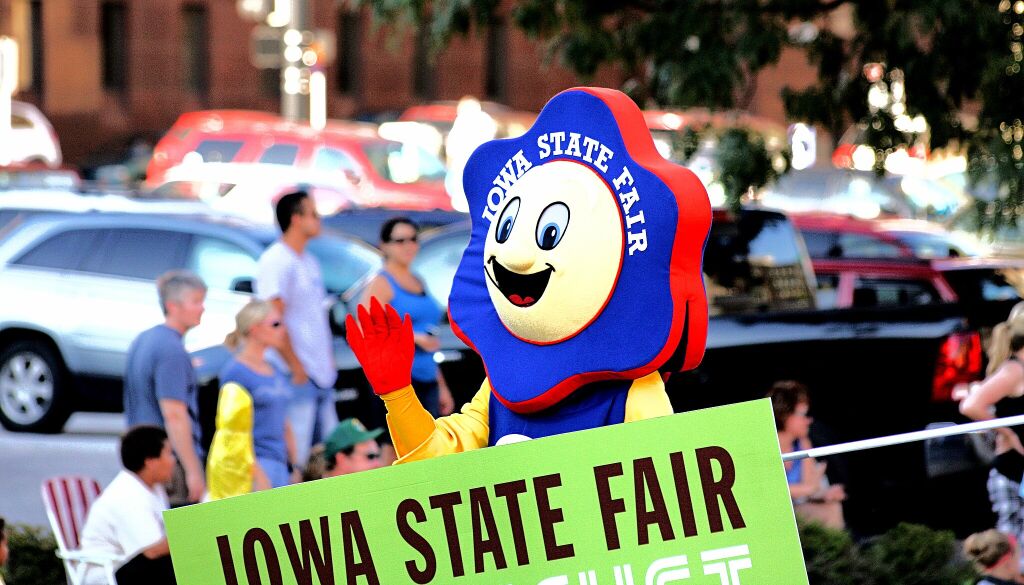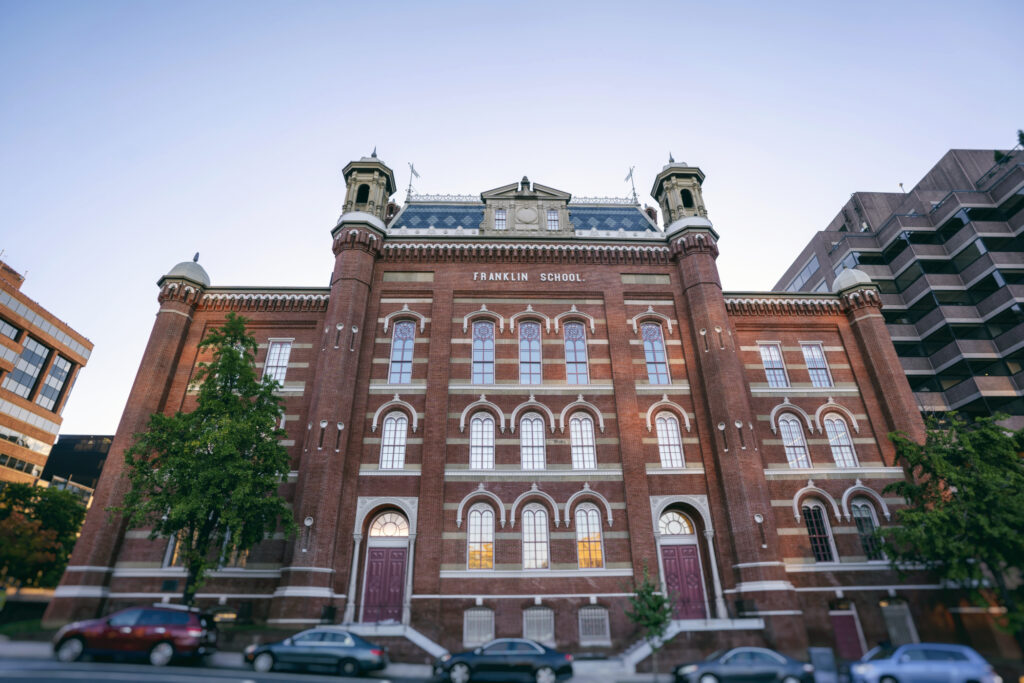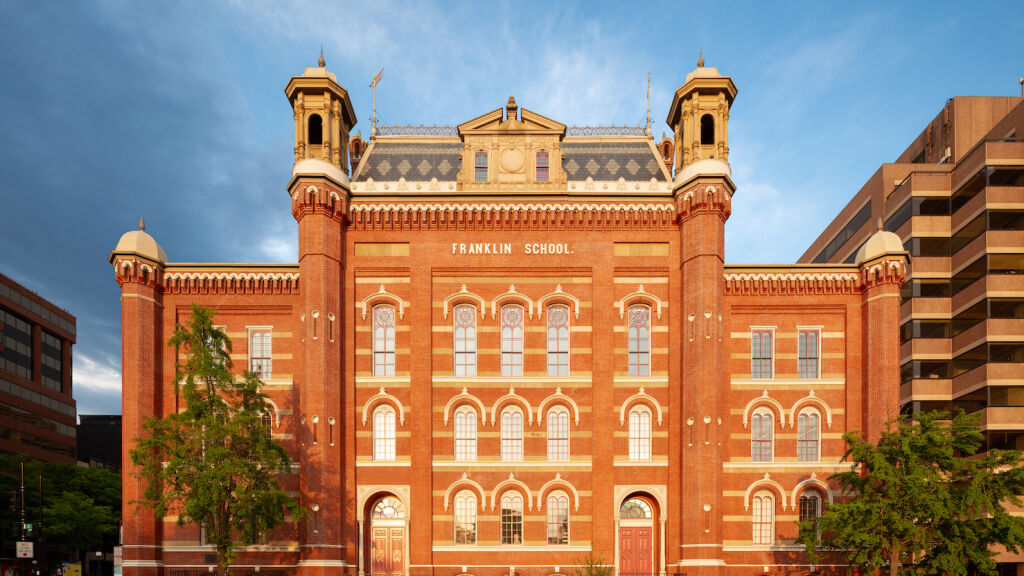From the Founder: A Year of Words
Planet Word opened officially on October 22, 2020, in the middle of the pandemic. People asked me why we’d open at such a risky time health-wise and financially, but I felt it was important to open then, despite the risks, because there was a national focus like never before on words and language. If ever there was a time when we needed a museum to call attention to words, this was it.
Indeed, for the previous four years, we’d been debating what was truth, what was a lie, how far could you stretch the truth and still call it spin, whether some news was fake, and whether we had a “riot” on January 6 or an “insurrection.” And were the participants — in whatever it was — a “mob” or merely “protestors” exercising their freedom of speech? And then we had to scrutinize the words in the Constitution about what qualified as impeachable presidential behavior not once but twice.
So the attention on words was intense, with language use becoming a regularly scrutinized media topic, making last October the perfect time in my opinion to open a museum about words and language.
But I admit, even if Covid was unable to prevent Planet Word from opening, it did have an effect on our ability to draw attention to words as we’d planned. For one thing, field trips weren’t happening, so all the school children we’d hoped to show how much fun they could have with words stayed home. And our long-hoped-for speaker series on language in the news had to be delayed until people felt safe enough to gather in our brand-new auditorium. We were able to quickly shift to online education and programming, but we were left craving the opportunity to build community by bringing people together and engaging with each other.
Now, beginning our second year of operations, I can report that the steady stream of articles and news about words has not abated — in fact it’s turned into a firehose — making Planet Word’s mission just as timely as ever.
In fact, for the last 8 years I’ve been scanning newspapers and magazine and online articles for news about word usage that might yield important content to include at Planet Word — in our exhibits, in panel discussions, or in online programming. And my heap of clippings has ballooned lately!
OK, maybe my measuring stick of how many articles I clip every week isn’t very scientific, but I think something is happening.
We find ourselves in the middle of a national discussion on the language used in academia, on the texts assigned in schools, on whether math word problems can hide implicit bias (and whether the very phrase “implicit bias” is itself hiding bias), and even on how to eliminate offensive language from crossword clues. I’ve read recent articles about anti-Biden memes used at sporting events and profane yard signs. We’ve all been learning how social media monitors what you read in order to stoke your news feed with more such articles. And there’s a nationwide debate on college campuses about canceling, in elections about book banning, and everywhere about using the right words to talk about race and gender.
To put it bluntly, we’re having a national reckoning with words.
Planet Word, through its exhibits, programs, and partners must play a constructive role in that reckoning.
But it’s a challenging conversation to be part of, because as the writer Viet Thanh Nguyen remarked to the New York Times in a Nov. 1 piece about the difficulties of using the right words about race and identity: “In the period where terms are new, we are still undergoing a political struggle whose resolution is not yet determined, so the words themselves become the site of conflict.” Changes in language, the article said, “make people feel anxious because they signify changes in society.”
I hope Planet Word will provide a place where discussions can be had about the changes in our language — a place where people leave a little less anxious than when they came in. Saturday, after listening to Logann Grayce in our Words Matter gallery explain why choosing their own pronouns was so empowering, a visitor told me he now understood why pronoun choice was so important. He had listened, considered, and learned. That is the place Planet Word wants to be, and listening is how we’ll all move forward together and leave our anxiety behind.
— Ann Friedman, founder, Planet Word


